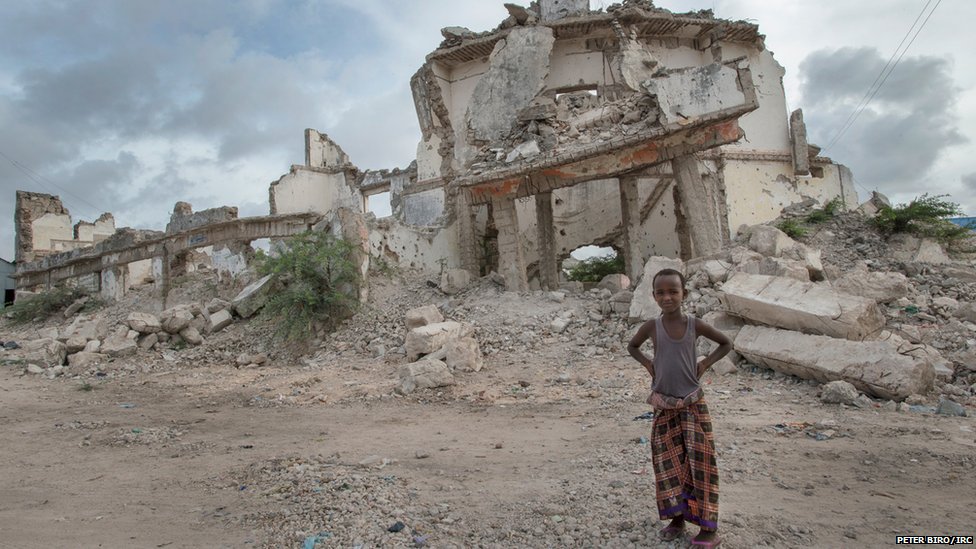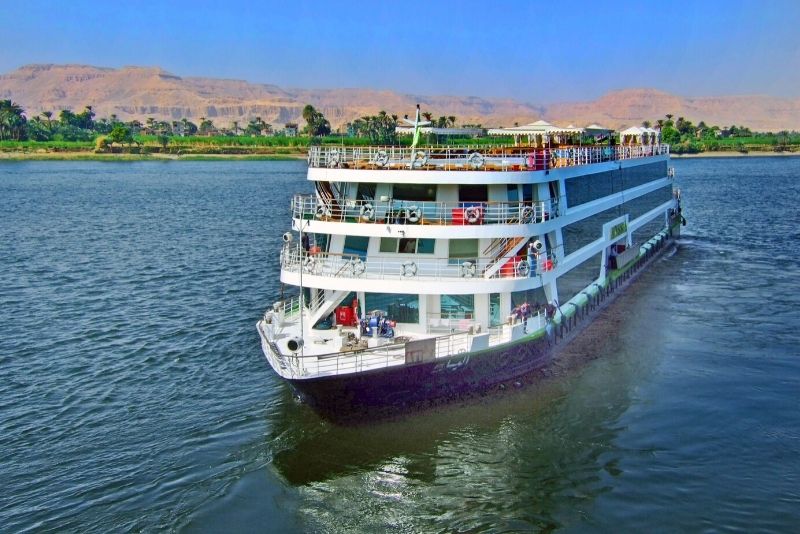By Idil Abshir
As part of my Wisdom Hackers dispatch, I spent 8-weeks navigating the healing vacuum in Somalia through the prism of my own experience. Excerpted below are some of my feelings and ‘findings’ on the intersections between war, healing and identity. Read the full piece here.
“Life has come back to Mogadishu,” people say, as if it ever left. I know what they mean, and I am not trying to be dense, but driving through the streets of Somalia’s capital is an exercise in wonder and humility. Cruising along Mogadishu’s wide, bougainvillea-lined streets, with the Indian Ocean breeze kissing your face like an aunt who hasn’t seen you since you were an infant, you find yourself marveling at the sheer resilience of a country that is still standing, despite an eviscerating, twenty-four-year war.
The remnants of majestic mosques and Italian cathedrals gaze down at you, the ruins of buildings pockmarked with mortar shells still trying to stand tall, and lone walls that hint at what might have once stood along the roadside, all stark reminders of the rage and vengeance that engulfed a nation. All that is left of the old parliament is a stairwell, exposed for all to see. Alongside these, however, are the new hotels springing up frequently; pastel-coloured, all have the same weirdly reflective blue-green windows, and linger behind towering walls, sandbags and barbed wire. Hotel lobbies are the place to be for politicians, diaspora returnees, and foreign businessmen — between the free Wi-Fi and the endless tea, deals are struck, and people examine what Somalia “has become,” “where it is going,” and, of course, where they fit.
Photo credits: Peter Biro, IRC




